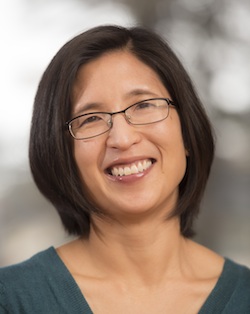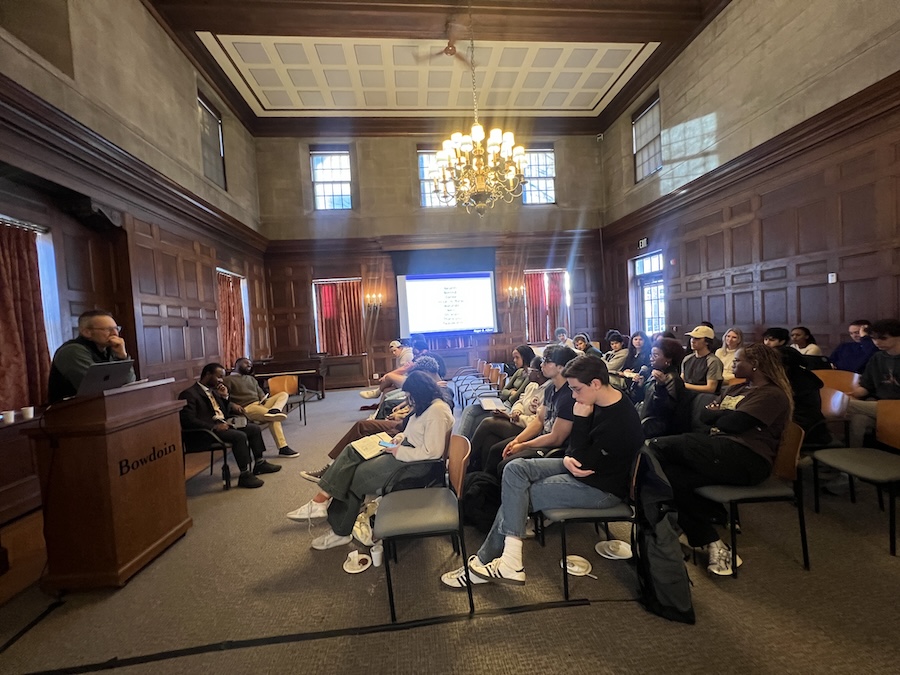Professor Chiang Recalls Japanese-American Incarceration Camps
By Maurice Asare ’19
In her lecture, “Remembering Japanese American Incarceration: How Fear Leads to Persecution and Injustice,” Chiang began by presenting a history of Japanese Americans before the 1942-1946 period of their incarceration in the US. She also provided context about the emergence of negative Japanese American sentiment in this country. “Fears were already in place before Pearl Harbor,” she said. “Those fears were only reinforced after the event.”
She cited several campaigns that were used to discredit the Japanese before World War II—many of which relied on distinctions between Japanese and white Americans. These campaigns did not just disparage Japanese Americans, they also often led to land-owning and immigration restrictions for them.
During World War II, white Americans, and the government, assumed that Japanese Americans were inherently disloyal to the United States. This feared “disloyalty” ultimately lay the groundwork for the establishment of U.S. President Franklin Roosevelt’s 1942 Executive Order 9066, which demanded that all Japanese Americans evacuate the West Coast. This resulted in the relocation and incarceration of approximately 120,000 people, two-thirds of whom were American citizens, to one of 10 camps across the country.
Chiang compared the Japanese American incarceration in the US with Trump’s late-January travel ban order against travelers from seven predominantly Muslim nations and against all refugees. The order has since been blocked by federal courts. She highlighted the similar logic used to justify federal exclusionary practices: “In both instances, people were singled out on the basis of national origin and their perceived threat to the US,” she explained.
Chiang also noted the substantive differences between past and present. Roosevelt’s order applied to nationals from enemy countries, not to anybody of a specific faith. The potential implications of Trump’s Muslim travel ban are, therefore, more perilous because they’re broader, covering a wider group of people, she argued.



